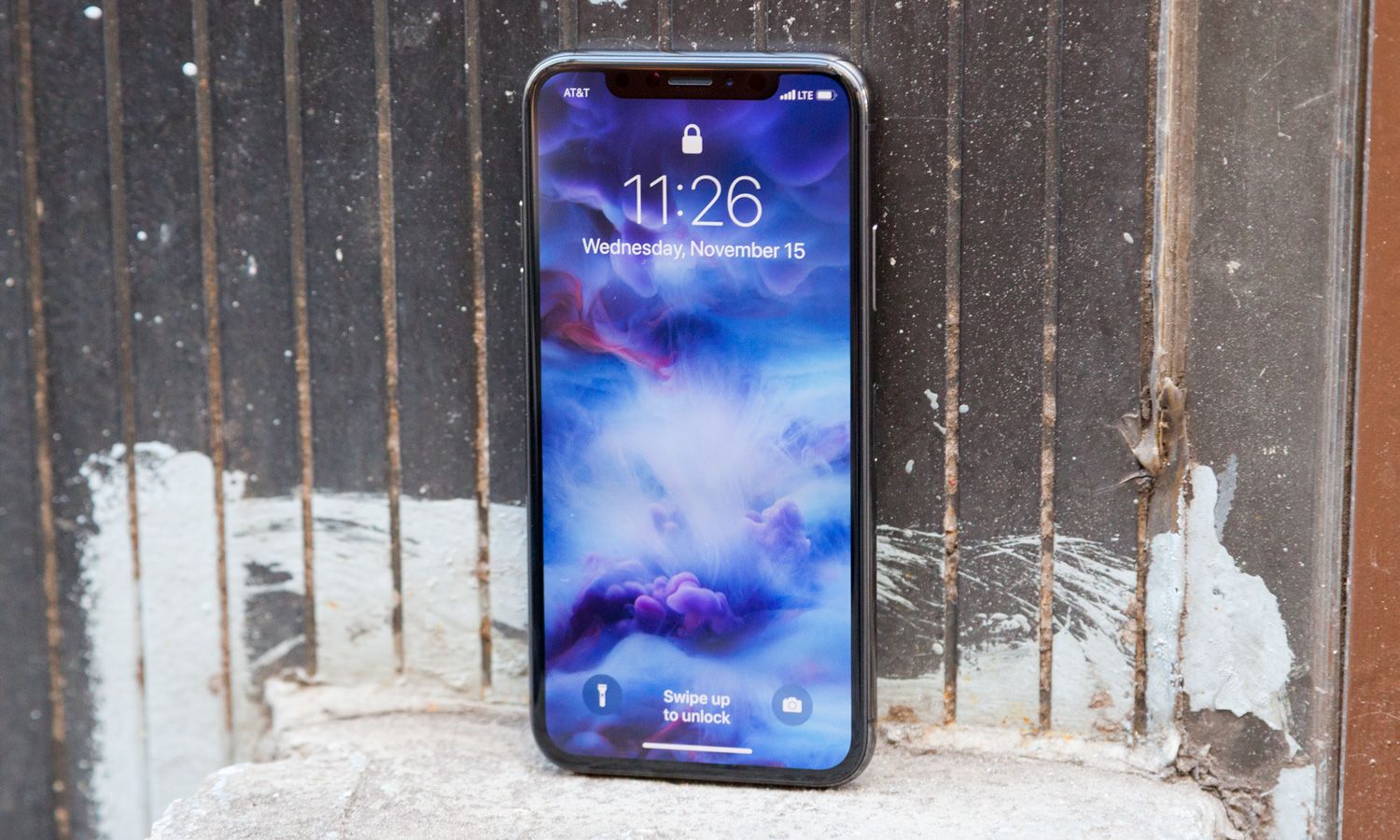Apple Looks Beyond Intel for Future iPhone Modems (Updated)
Apple has told Intel it no longer wants the chipmaker’s next-gen Wi-Fi modems in its future iPhones, according to a report.
Editors' Note: This story was originally posted July 5, but we’ve updated it to reflect new information that has come to light regarding the nature of Apple and Intel's agreement.
As we await what Apple has in store for its 2018 iPhones, the company is already deep into planning its strategy for 2020 and the next generation of wireless technology. According to a report from Israeli financial daily CTech, that strategy will not include Intel modems.

Apple was expected to employ Intel’s 5G and Wi-Fi radios in its 2020 smartphones, based on communications within Intel recovered by CTech. Initially, CTech reported that Apple changed its mind on Intel's 5G modems, which were also said to include Wi-Fi and Bluetooth capabilities. Intel subsequently responded to CTech's first report, clarifying that the chip in question did not pertain to 5G and only comprised Wi-Fi and Bluetooth.
The modem was reportedly codenamed Sunny Peak, and included support for the upcoming 802.11ad spec of Wi-Fi, called WiGig. As a consequence of Apple's decision, Intel has reportedly halted production on that modem because Apple was regarded as the primary volume buyer. Intel has already reapportioned staff to other projects, though CTech adds that the chipmaker intends to redouble its efforts on developing a WiGig modem for 2022 to try and win back Apple’s business.
As for the status of Intel's 5G plans? The company told CTech that its "5G customer engagements and roadmap have not changed for 2018 through 2020." A spokesperson added that Intel "remains committed to [its] 5G plans and projects."
Interestingly, these reports come weeks after Bloomberg relayed a note from analyst Gus Richard, who stated that Apple was threatening to back out of its modem deal with Intel. Earlier in the year, we also heard that Apple’s own processors could replace Intel CPUs in the company’s computers, also as soon as 2020.
MORE: 2018 iPhones to Drop Qualcomm for Intel (Report)
Sign up to get the BEST of Tom's Guide direct to your inbox.
Get instant access to breaking news, the hottest reviews, great deals and helpful tips.
Apple has long been trying to extricate itself from contracts with third-party chip manufacturers, in an effort to one day produce its own. At the very least, Cupertino doesn’t want to become too reliant on a single supplier, so it can maintain some negotiating power. That’s the reason it employs both Qualcomm and Intel modems in certain models of current iPhones, and why the company is rumored to source the OLED displays in its next handsets from LG as well as Samsung.
With Intel’s absence, it’s been said that Apple may look to MediaTek to provide the technology that ultimately enables the first 5G iPhones in two years’ time. That’s hardly a done deal, however. Apple would probably rather have Qualcomm’s modems, as they notoriously scorched Intel’s in the latest generation of iPhones. However, the ongoing legal spat between Apple and Qualcomm (as well as rising licensing fees) is ultimately what drove the former to Intel’s doorstep in the first place.
In any event, Apple and Intel's negotiations shouldn't affect this year's batch of iPhones, which will assuredly employ some combination of Intel and Qualcomm silicon once again.
Adam Ismail is a staff writer at Jalopnik and previously worked on Tom's Guide covering smartphones, car tech and gaming. His love for all things mobile began with the original Motorola Droid; since then he’s owned a variety of Android and iOS-powered handsets, refusing to stay loyal to one platform. His work has also appeared on Digital Trends and GTPlanet. When he’s not fiddling with the latest devices, he’s at an indie pop show, recording a podcast or playing Sega Dreamcast.
